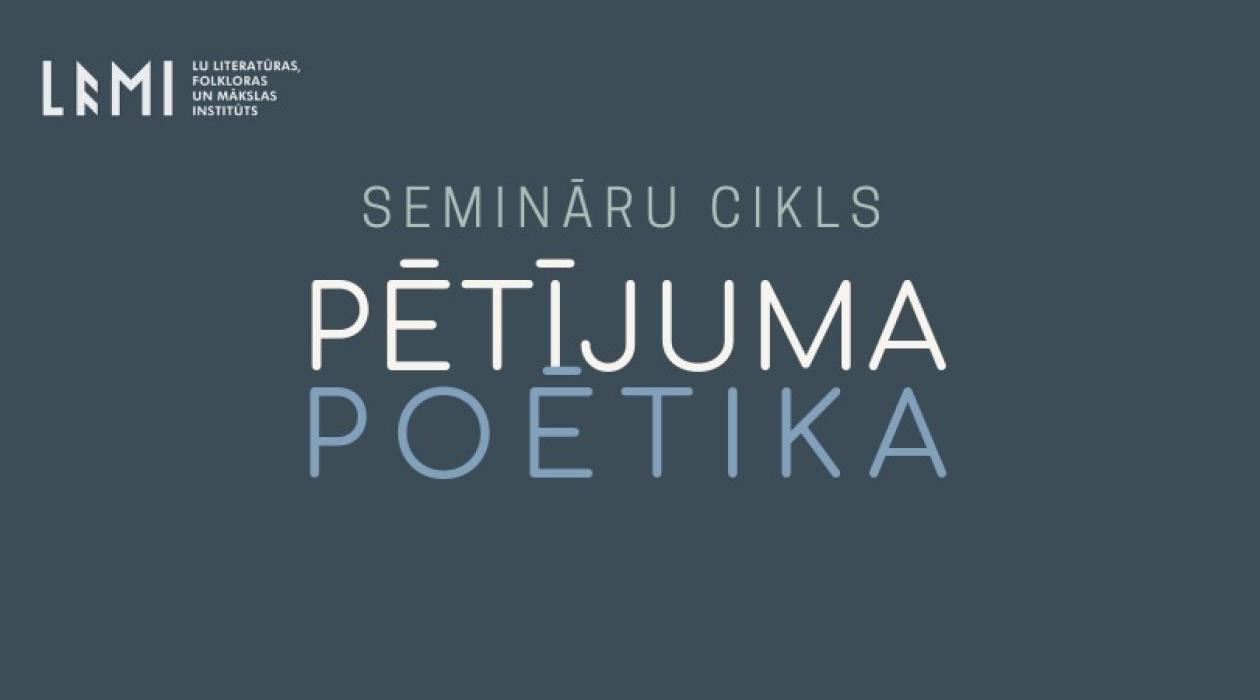The Poetics of Research. Presentation by Aigars Lielbārdis

In connection with the election for the position of Leading Researcher in the Humanities and Arts at the Institute of Literature, Folklore and Art of the University of Latvia (LU LFMI), you are invited to the seminar “The Poetics of Research” on Wednesday, April 17, at 15:00.
The event will take place in the Reading Room of the Archives of Latvian Folklore (LU LFMI), 5th floor of the National Library of Latvia.
Aigars Lielbārdis will give a presentation.
Presentation abstract
Heavenly Books: From the Sky to the Pocket and from Riga to Pennsylvania
Heavenly books and their traditions of keeping and copying play a significant role in shaping the content of folklore genres, the development of manuscript and literary culture, and in the context of popular and vernacular religion. They connect Latvian traditional culture to broader cultural-historical processes across Europe and the world.
Typically, heavenly books are small, handmade pocket-sized booklets or handwritten texts on loose pages believed to possess supernatural, divine powers: to protect their owners from injury and their property from thieves, to stop bleeding, or to aid women in childbirth. When kept at home, they were thought to safeguard against fires, lightning strikes, and floods. The contents of these books tell of their divine origin—brought down from heaven by the angel Michael or appearing miraculously in a church in London or Olstein. Several types can be distinguished, such as the London, Michael, or Count Philip books. In addition to the main text, these manuscripts often include incantations or charms, which likely served practical folk medicine purposes—healing illnesses in people and livestock.
Beyond their textual and ritual significance, heavenly books offer historical insight into the active cultural migration processes among various European and global communities from the 17th to the 19th centuries and beyond. They also reveal the continuing role of such manuscripts in personal belief systems in Latvia well into the 20th century. Because of their supposed protective powers—against wounds and violent death—these books were carried along by emigrants during the First and Second World Wars and were sometimes copied and given to Latvian soldiers heading into battle.